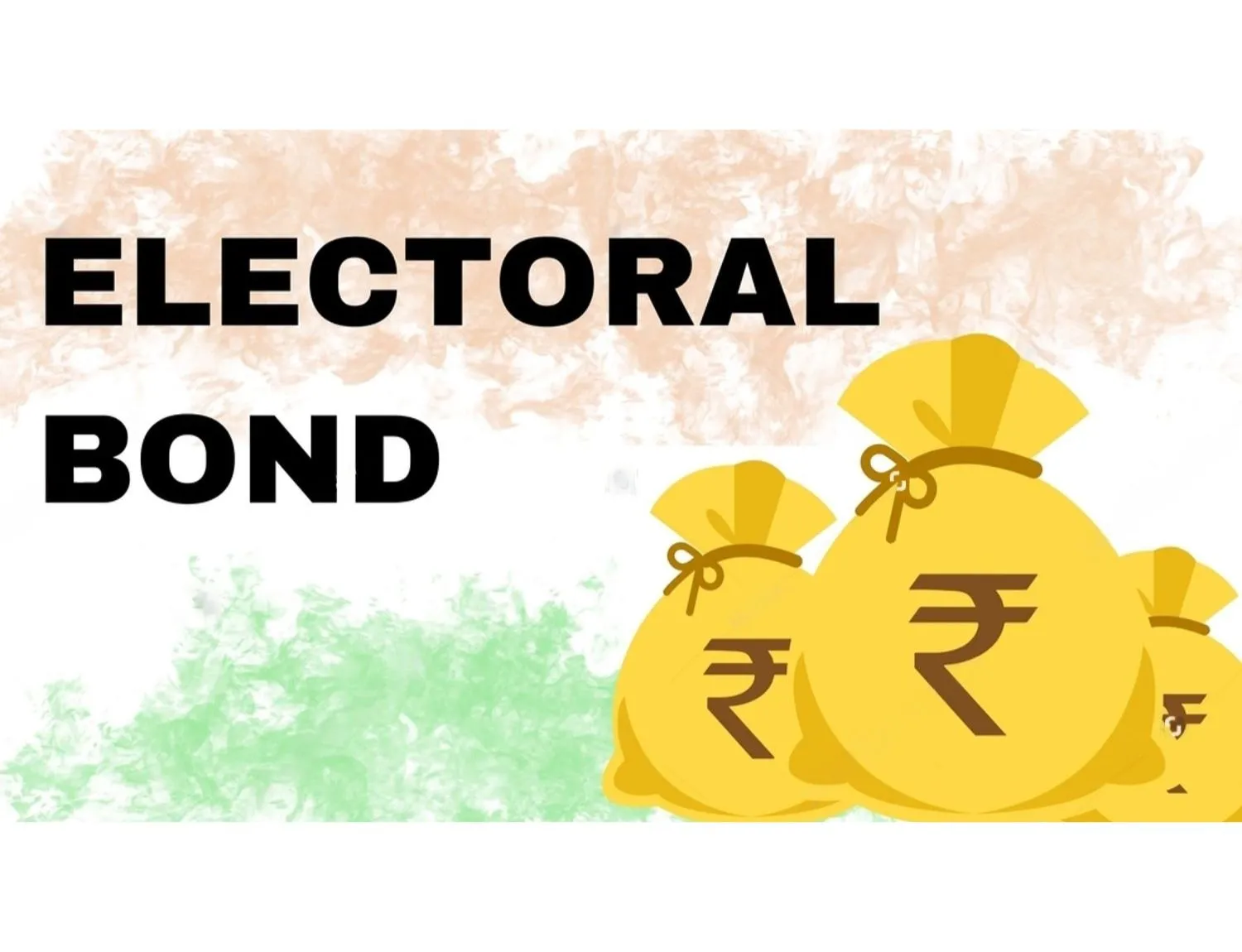Introduction:
Welcome to a simplified guide to understanding an essential aspect of democracy – Electoral Bonds. In this blog, we’ll explore what Electoral Bonds are, how they function, and their significance in the electoral process.

What Is Electoral Bond?
Electoral bonds are a type of financial instrument that people use to donate to political parties. Notified banks issue them, and any Indian citizen or company incorporated in India can buy them.
Electoral Bond Scheme:
The Electoral Bond Scheme, introduced by the Government of India in 2018, aims to bring transparency to political funding while safeguarding the privacy of donors. Under this scheme, individuals and organizations can purchase bonds from specified branches of authorized banks in India.
How do Electoral Bonds Work?
Purchase: Any eligible entity can buy bonds from selected branches of authorized banks during specific periods announced by the government.
Denominations: Electoral bonds are available in various denominations ranging from Rs. 1,000 to Rs. 1 crore.
Recipient: The electoral bonds are issued in the name of a political party. The purchaser can donate these bonds to any registered political party of their choice.
Anonymity: One significant aspect of bonds is the anonymity of the donor. Neither the public nor the recipient political party knows the donor’s identity.
Validity: Electoral bonds have a validity period within which they must be used. The donor does not disclose their identity to the public or the beneficiary political party.
Redemption: Political parties can encash the bonds within a specific timeframe, during which they must be deposited in a designated bank account.
Significance of Electoral Bonds:
Transparency: Electoral bonds aim to bring transparency to political funding by promoting digital transactions and reducing cash donations.
Privacy: The anonymity of donors protects them from potential backlash or harassment, encouraging more significant contributions to political parties.
Accountability: Political parties need to disclose their funding through bonds in their financial statements, enhancing accountability and reducing the influence of illicit money in politics.
Criticism and Concerns:
Opacity: Critics argue that the anonymity provided by bonds can lead to the flow of unaccounted money into politics, undermining transparency.
Lack of Scrutiny: There are concerns about the lack of scrutiny in the process, as the government and citizens cannot trace the source of funds donated through bonds.
Exclusion: Some argue that the high denominations of bonds exclude smaller donors from participating in the political process, favoring only affluent individuals and corporations.
Conclusion:
Electoral bonds represent a unique attempt to reform political funding in India by balancing transparency with the privacy of donors. They want to limit the influence of black money, but they also bring up the importance of accountability and fairness. Understanding bonds is crucial for every citizen to engage in informed discussions about the democratic process and its integrity.
Remember, democracy thrives when its currency is trust and transparency.